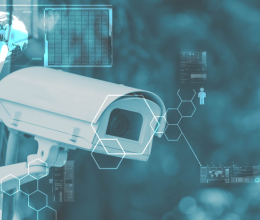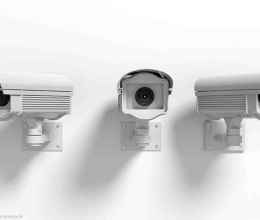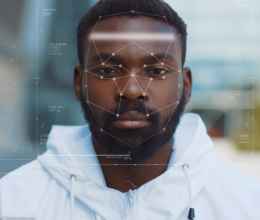Over the past several years, the city of New Orleans has installed a vast network of “real time” surveillance cameras throughout the city, threatening people’s privacy and raising serious concerns about misuse. The cameras have the capability of panning and zooming to provide intimate details of our lives to the people operating them.
Without the proper safeguards, these kinds of total surveillance systems have been shown to exacerbate racial disparities, misidentify people of color, and threaten constitutional rights – without meaningfully reducing crime.
Now, the City of New Orleans is refusing to provide even basic information about where these cameras are located to the citizens who paid for them.
Last year, New Orleans public defender Laura Bixby filed a request under Louisiana’s public records law for a map of all publicly visible real time crime cameras. Having the map would help Bixby defend her clients because surveillance camera footage often contains exonerating evidence, just as incriminating evidence is made available to law enforcement.
Despite the fact that the cameras are publicly visible, the New Orleans’ Attorney’s Office refused to comply with the request, claiming that the records are exempt from disclosure.
By refusing Bixby’s request, the city is blatantly defying Louisiana’s public records law, and thumbing its nose at a basic principle of open, accountable government. This week, the American Civil Liberties Union of Louisiana and the Southern Poverty Law Center sued, asking the court to force the City to turn over the records.
As our lawsuit explains, city officials are trying to have it both ways. One the one hand officials insist that the cameras, which are used for a variety of purposes including street flooding and traffic, are “not covert” and even outfit them with clearly-identifiable lights and logos. On the other, they claim that the records are exempt from disclosure because they were “created in the prevention of terrorist-related activity.”
Open records laws exist to ensure that government remains open and accountable to the people it serves. Article XII, Section 3 of the Louisiana Constitution states that, “no person shall be denied the right to…examine public documents, except in cases established by law.”
The city of New Orleans subjects its citizens to near-constant monitoring, and its insistence on keeping the specifics of this surveillance shrouded in secrecy violates the letter of the law.
All our client is asking for is the city to provide a map of crime camera locations so that she can effectively represent the people she’s appointed to serve.
New Orleans has no interest, compelling or otherwise, in keeping the location of these cameras secret. We paid for these cameras with our tax dollars – and we have a right to know when we’re being watched by the government.




